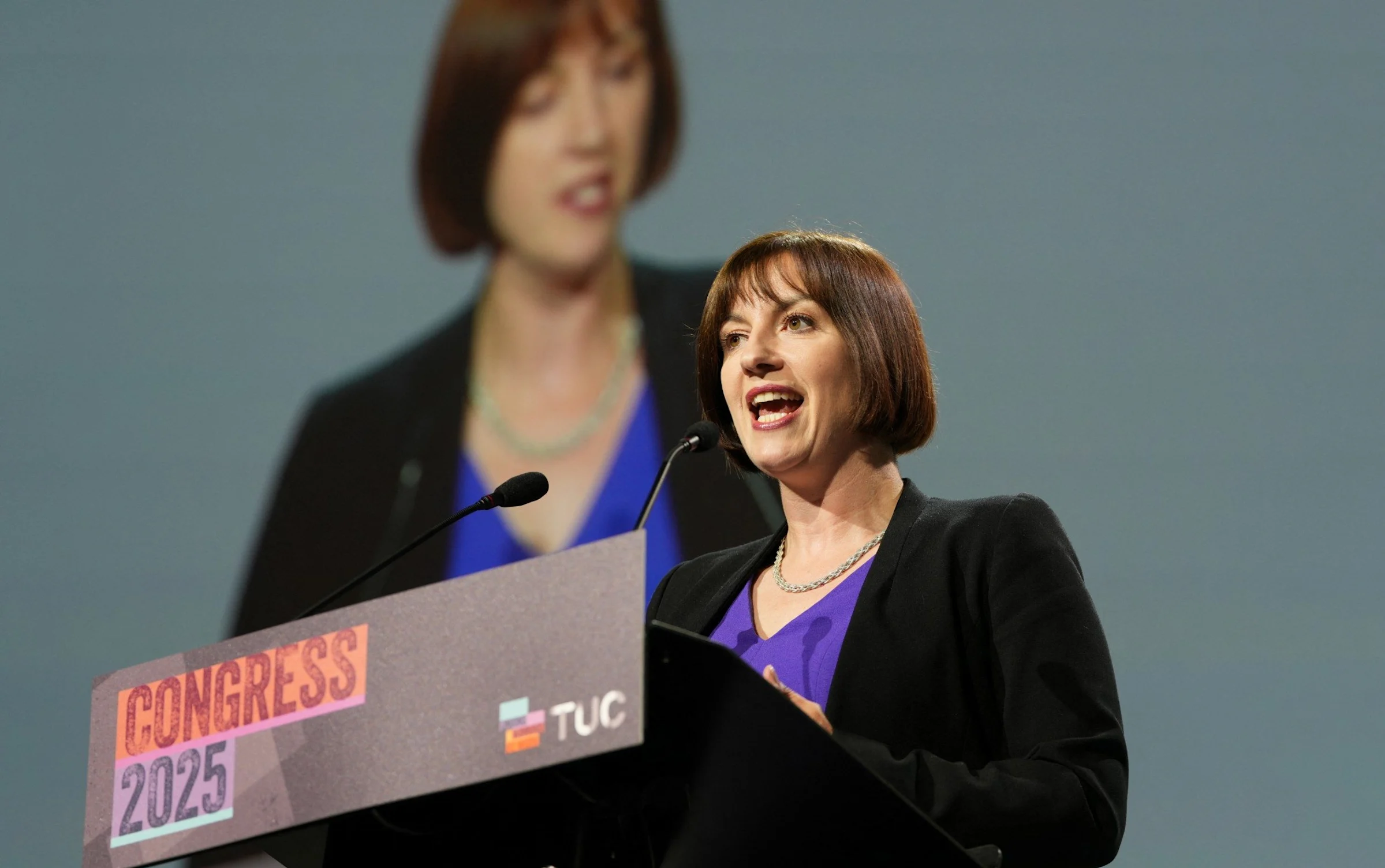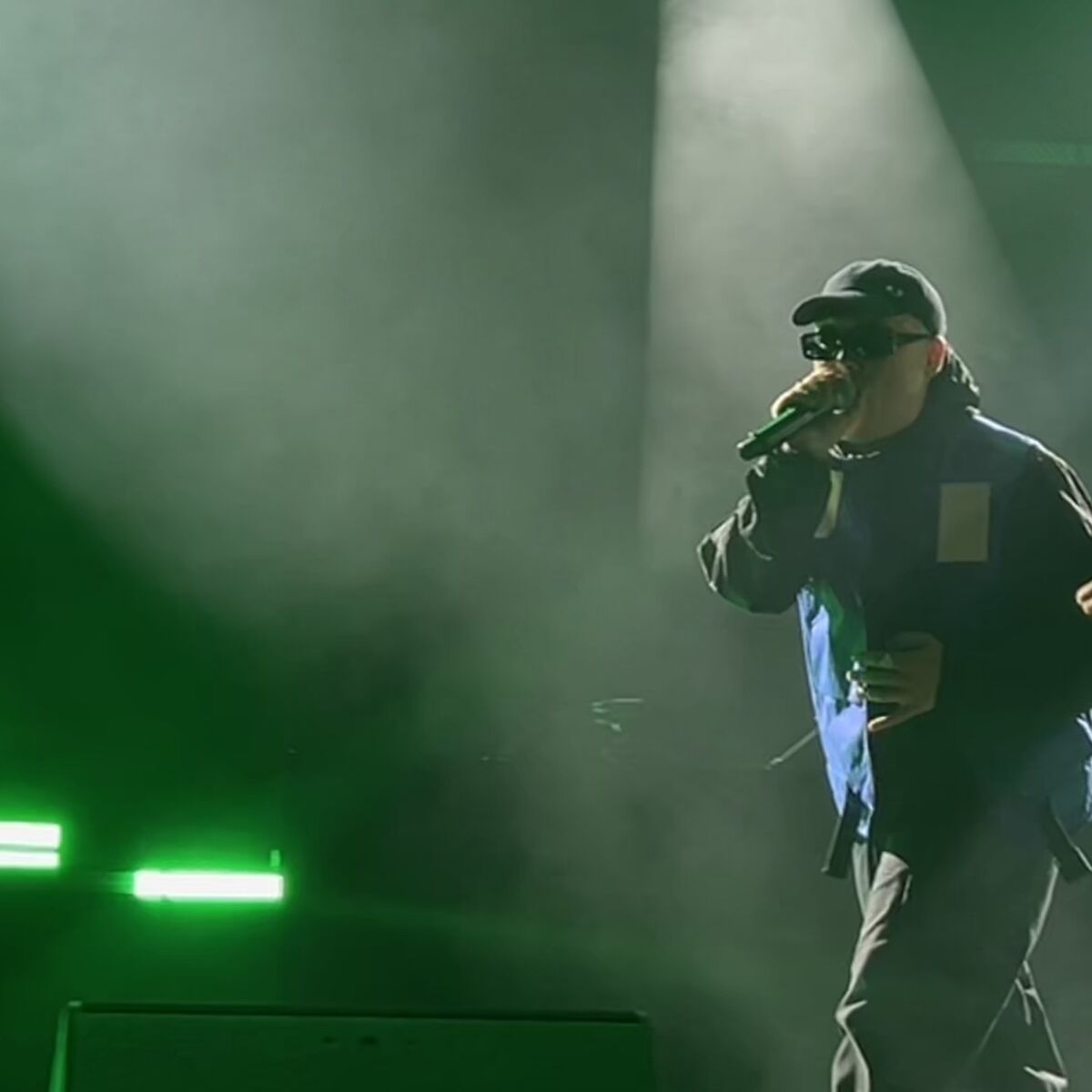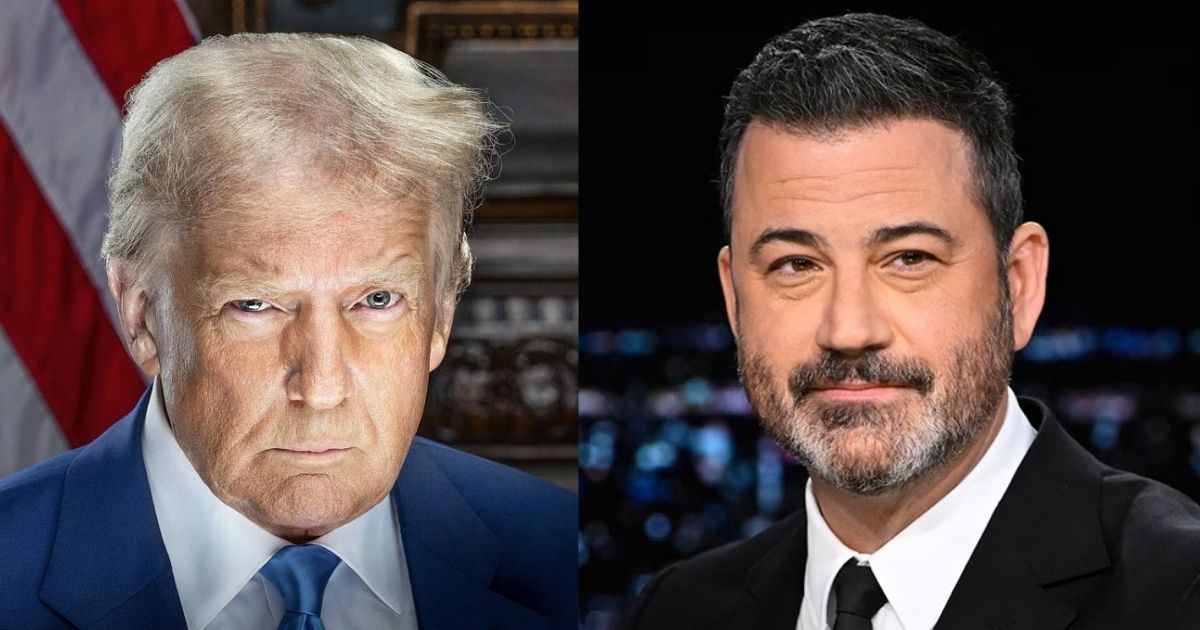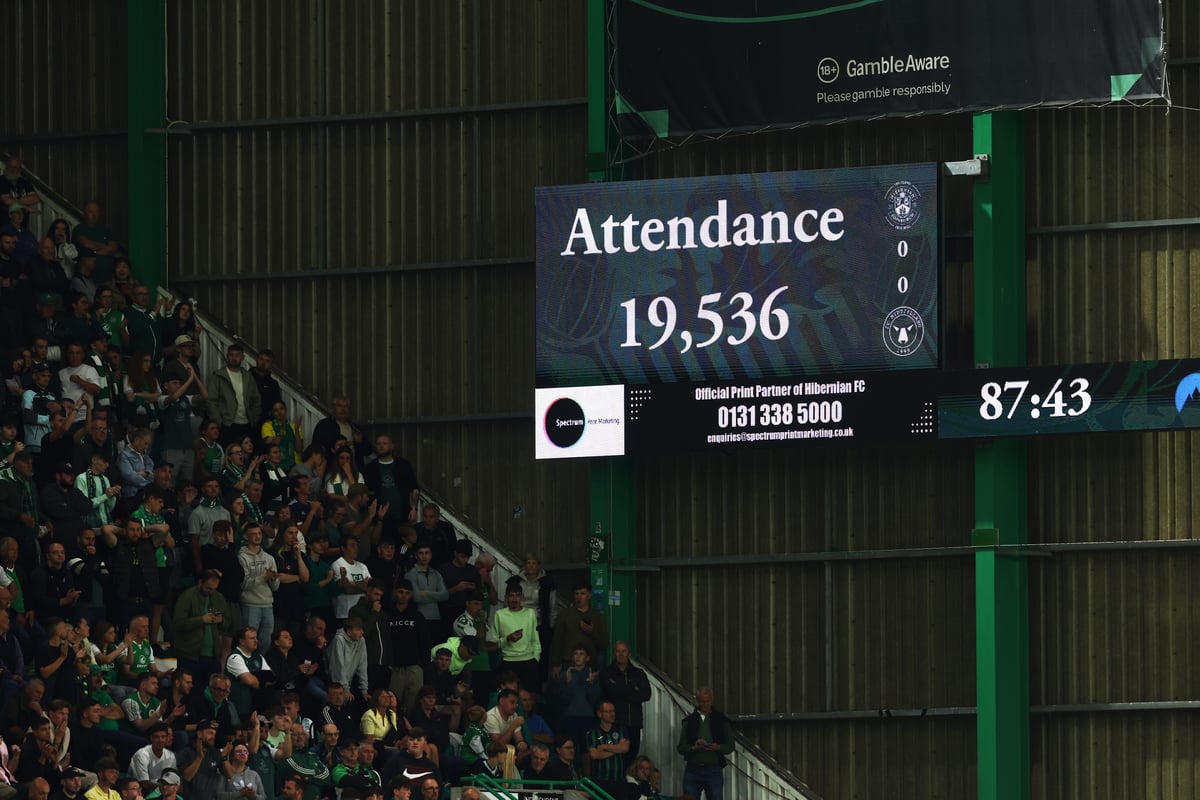By Genevieve Holl-Allen
Copyright yahoo

Bridget Phillipson has piled pressure on Sir Keir Starmer to abolish the two-child benefit cap.
The Education Secretary said scrapping the cap is “on the table” and vowed to be a vocal advocate for slashing child poverty in Cabinet if she becomes Labour deputy leader.
Ms Phillipson is trailing in the contest behind Lucy Powell, who was sacked as Commons leader by the Prime Minister earlier this month as part of the Cabinet reshuffle.
Ms Powell told the BBC earlier this week the Government had made “mistakes” on welfare cuts, and ministers must be “clearer” about wanting to axe the two-child benefit cap.
More than 80 per cent of the Labour membership want the abolition of the limit, which prevents parents from claiming child tax credit or Universal Credit (UC) for their third child.
But the Education Secretary sought to portray herself as the main advocate at the Cabinet table for scrapping the cap, in a veiled jibe at Ms Powell who is no longer in government.
Ms Phillipson said on Friday: “As the co-chairman of the child poverty taskforce, I am determined that we will make greater strides to shrink the number of children living in poverty.
“Everything is on the table, including removing the two-child limit. My top priority will be for this Labour government to tackle child poverty. And as deputy leader – with a seat at the Cabinet table – that’s what I will be fighting for day in, day out.”
She added: “Be in no doubt: we won’t achieve our party’s historic mission by shouting from the sidelines. It won’t happen unless there is someone driving that mission forward in government, with the clout – and the mandate – to make it happen.”
Ms Phillipson told The Guardian that the limit was a “spiteful attack on children who were punished and pushed into hardship through no fault of their own”.
She added: “I’m thinking every day about how to turn the tide on child poverty. Everything is on the table, including removing the two-child limit.
“I want the mandate to go further. The mandate, as deputy leader, to make tackling child poverty the unbreakable moral mission of this Labour government.”
In a post on X on Friday, the Education Secretary said: “I’m honoured to be the first candidate on the ballot paper for the deputy leadership and to have the most nominations from CLPs [constituency Labour parties] the length and breadth of the UK.
“I’ll be a campaigning deputy leader at the Cabinet table, fighting for our values.”
Ms Phillipson’s statement came after the National Union of Mineworkers endorsed her, joining Usdaw and Community, and meaning she had secured the backing of three Labour affiliate organisations required to go forward to the members’ ballot.
On Sept 9, at the TUC conference in Brighton, she lavished praise on Angela Rayner’s workers’ rights reforms to woo union barons.
She has also been nominated by 31 constituency Labour parties, compared with 30 that have nominated her rival, Ms Powell.
Candidates will also make it on to the ballot paper if they are nominated by 5 per cent of constituency Labour parties, equivalent to around 33 nominations.
In August, Lord Kinnock urged Sir Keir to scrap the cap, saying the policy, which restricts access to child tax credits and other benefits, was responsible for keeping hundreds of thousands of children in poverty.
It has long been known that Cabinet ministers, including Sir Keir, would like to get rid of the two-child limit, which was brought in by the Conservatives in 2017.
The Observer reported in May that the Prime Minister told members of his Cabinet that he wants to scrap the cap and asked the Treasury to identify ways to fund it.
The Institute for Fiscal Studies estimates that removing the limit would cost £3.4bn a year, around three per cent of the total working-age benefits budget.
However, Rachel Reeves continues to struggle to find savings. The gutting of the package of reforms to personal independence payments and UC meant that the Chancellor did not save the £5bn she had planned.
The worsening picture for government debt, with £18bn borrowed last month, means that the Chancellor has an even larger black hole in the forthcoming Budget to fill.



